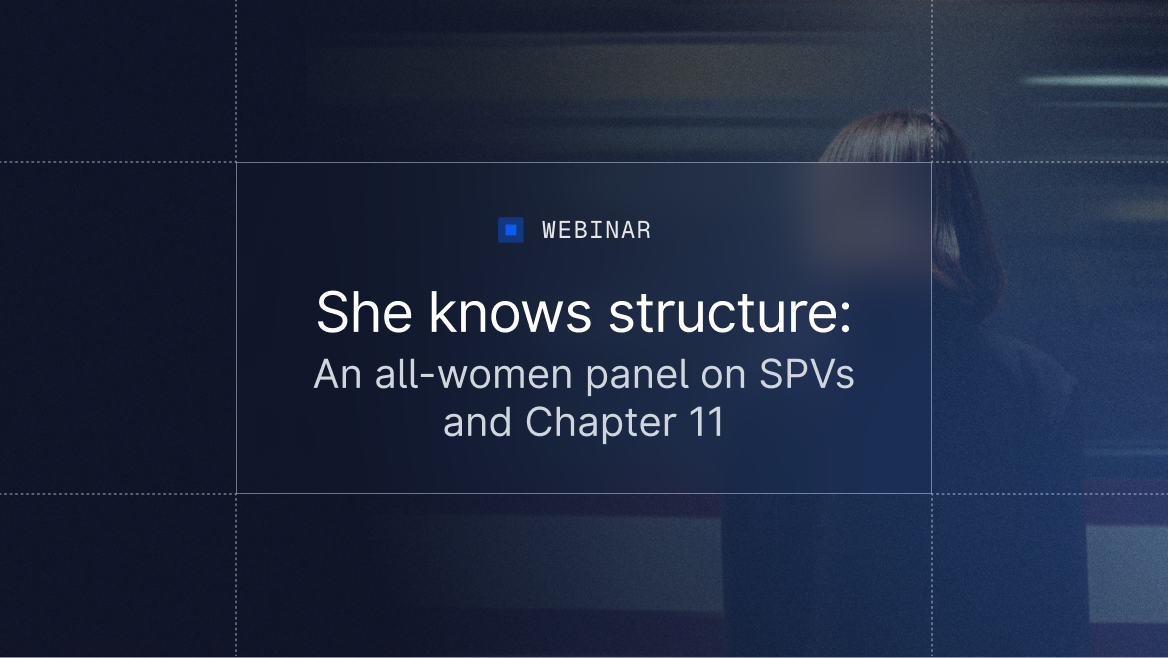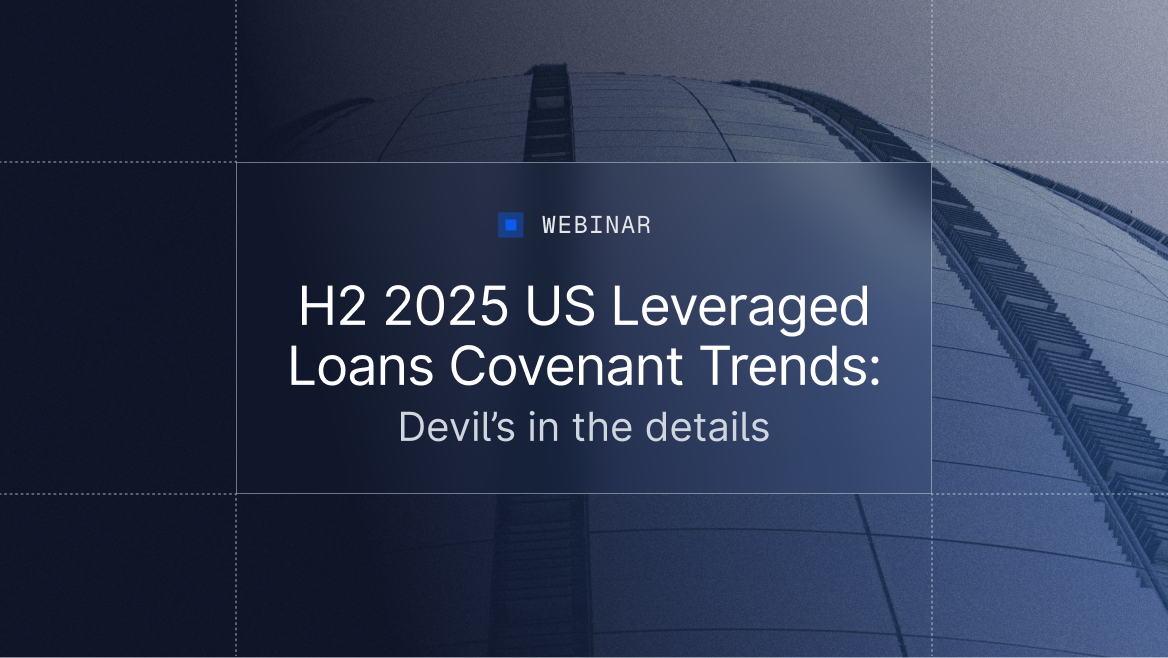News & InsightsLevFinDistressedPrivate CreditABFCLO
News & Analysis
Spread compression hits non-sponsored market
Peter Benson, Shubham Saharan and Anna Russi3 Jun 2024 | US | 4 minute read

Related Posts
Discover more insights.
Use the previous and next buttons or keyboard arrows to navigate between slides.





